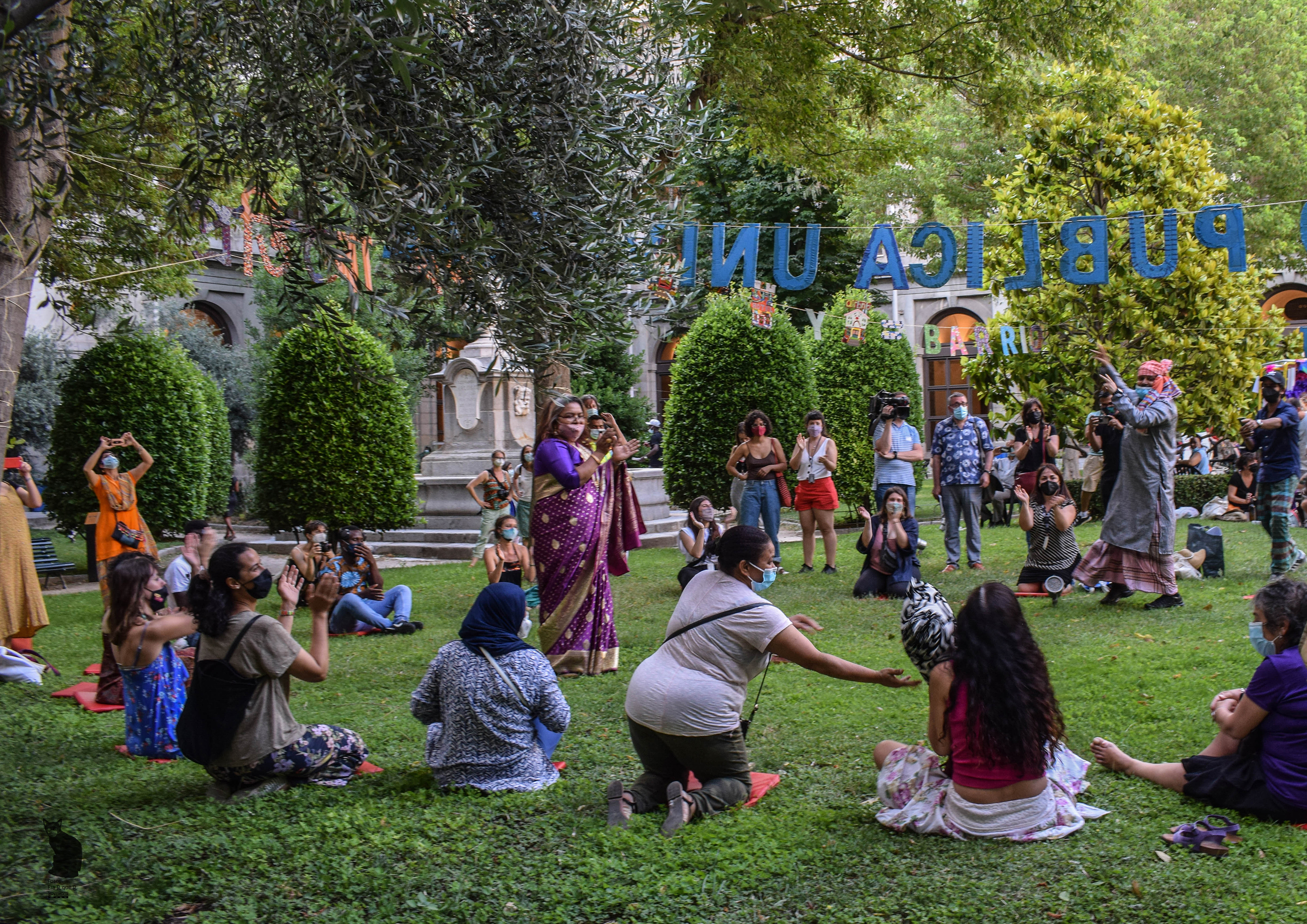Book chapter, Published in Elke Krasny and Lara Perry (eds), Curating as Feminist Organizing (London: Routledge, 2023).
Abstract
In the Spanish State, the global 2008 economic crisis was also a crisis of institutions: the entire architecture of a young democratic system, which had been in place for only thirty years, was challenged for the first time. Feminist issues erupted within the landscape of civic mobilisation that the 15M movement brought about in 2011, shaping a comprehensive questioning of the logics of governing democratic institutions, including the Museum. In this context, the country’s largest public institution for contemporary art, Museo Reina Sofia, underwent a comprehensive restructuring of its mission which considered the commons, decoloniality and new democratic practices as its tenets, and where ground-breaking feminist approaches to curatorial practice have developed over time.Recovering Reina Sofía’s history since the transition to democracy and its prevailing role as a patrimonialising State institution, this text will unpack the Museum’s recent ‘feminist turn’ alongside its political and curatorial context. Retrieving key historical precedents, the text explores the feminist curatorial translations of 15M, focusing on public programming initiatives that operate through a logic of interdependency: Museo en Red, Voces Situadas and Museo Situado. Departing from the exhibition model, these initiatives aim to transform the Museum into a hosting infrastructure for feminist organising. Critically analysing the newly founded relationship between feminisms and the Museum, which carries a series of historical tensions and unhealed post-dictatorial wounds, this text investigates how feminisms – and the the tensions, frictions and potentialities they produce – can stretch the institution, repurposing the Museum as a situated, globally relevant agent of political change.

Photo: Picnic del barrio, Museo Reina Sofía. Foto: Ela Rabasco (Ela R que R). Courtesy of Museo Reina Sofía.
About this volume
What makes curating feminist organizing? How do curators relate to contemporary feminist concerns in their local conditions and the globalized artworld? The book brings together twenty curatorial case studies from diverse regions of the globe.
Reflecting their own curatorial projects or analyzing feminist-inspired exhibitions, the authors in this book elaborate feminist curating as that which is inspired to challenge gender politics not only within but also beyond the doors of the museum and gallery. Connecting their wider feminist politics to their curatorial practices, the book provides case studies of curatorial practice that address the legacies of racialized and ethnic violence, including colonialism; which seek to challenges the state’s regulation of citizenship and sexuality; and which realize the drive for economic justice in the organizations and roles in which curators work. The settings in which this work is done range from university art galleries to artist-run spaces and educational or activist programmes.
This collection will be enjoyed by those studying and researching curating, exhibitions, socially and ecologically engaged contemporary art practices, and feminist transnational movements in diverse geographic contexts. The essays are of relevance to practicing curators, critical cultural practitioners, and artists.